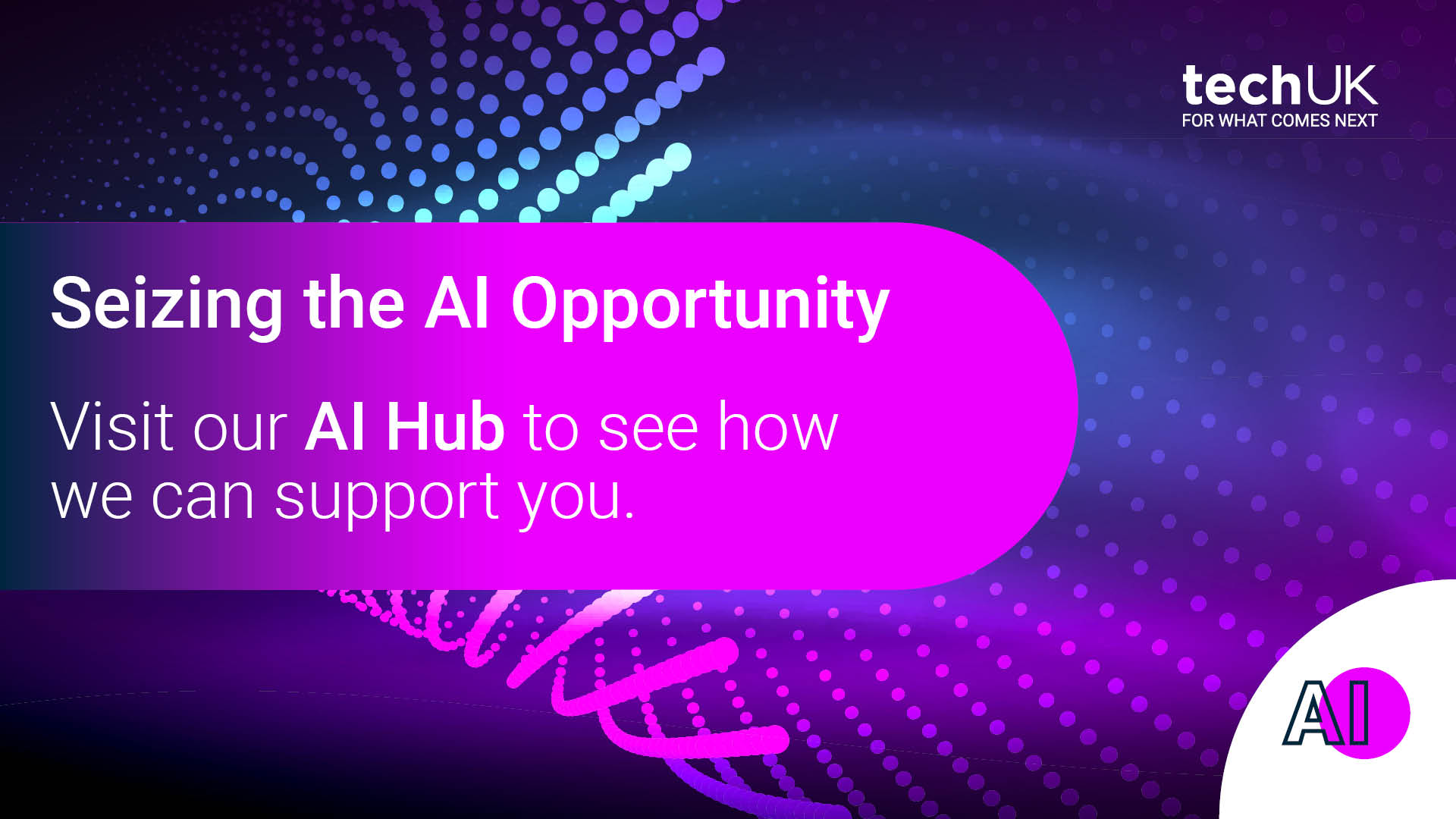AI won’t make your bed
Artificial Intelligence (AI) can automate your business, predict events and even write reports, but it won’t make your bed.
That might sound like a strange analogy but think about it: making your bed sets the tone for the day, creating order before everything else follows. It’s a small yet fundamental habit that brings structure, clarity, and discipline. Data governance plays the same role in the world of AI: it orchestrates data, ensuring it is clean, structured, ethical and reliable before AI can use it effectively.
Without effective data governance, AI is like an untidy and chaotic room. You wake up late, your wallet is nowhere to be found, you trip over scattered clothes and, in all the mess, you can’t focus or make clear decisions about how to start your day. A business that fails to govern its data properly isn’t just disorganised, it’s vulnerable to serious risk, where AI becomes a source of liability rather than an advantage. Business leaders must take action to embed data governance practices while enabling AI-driven growth.
The nuances of data governance in the AI era
We live in a time where AI is advancing rapidly. However, in the rush to deploy AI, data governance is often forgotten, already leading to some high-profile failures – for example, AI misdiagnosis in healthcare disproportionately affecting minority patients due to poor data diversity. AI is only as good as the data it learns from, which is why businesses must manage their data effectively and data governance can no longer be an afterthought.
Data governance ensures that data is accurate, secure, ethical and well-managed, enabling businesses to make reliable decisions. Similarly, AI governance sets the development, deployment, and ethical use of AI systems. The two are deeply interconnected: while data governance focuses on managing data, AI governance ensures AI systems make responsible use of that data.
But AI adoption comes with unique governance challenges, which need careful mitigation. For example, AI requires large, diverse datasets, increasing storage costs, complexity and security risk. Rather than giving in to this as an inevitability, data governance can enable set-up of optimised systems.
Many AI models rely on third-party data sources, raising concerns about data origin, ownership and compliance. Data governance should ensure the data is the best available, necessary, and has caveats applied where appropriate. An AI system trained on inaccurate or biased data is at risk of making flawed, unreliable, or even harmful decisions. With AI systems potentially inheriting and amplifying biases present in training data, good governance will ensure bias is avoided, or is at least documented, so that nuance can be applied when using resultant insights.
AI can sometimes operate as a ‘black box’ making it difficult to understand how decisions are made. This lack of transparency can lead to regulatory scrutiny, especially in highly sensitive industries (e.g., healthcare). Careful data governance can make the black box less opaque, more auditable and therefore more acceptable to regulators, avoiding a wholesale rejection of AI!
The evolving landscape: a race to keep up
Governments worldwide are racing to leverage AI – regulation is under the microscope as it catches up. The UK favours a principles-based framework, allowing industry-led governance, while others like the European Union (e.g., EU AI ACT 2025), adopt stricter, risk-based models.
Within this fast-changing regulatory environment, businesses must transition from traditional, rigid data governance models to agile, risk-aware, and ethically-driven frameworks that can adapt to evolving business and regulatory demands. Paramount in this is recognising that the ‘why’ of data governance goes beyond regulation. Relegating data governance to merely a compliance issue fails to treat it with the strategic lens it deserves. Instead, it should be analysed as a critical ROI influencer, focusing on the problems it solves and aligning it with business uses to deliver measurable value.
When put in context, the benefits of data governance are undeniable. Studies show that companies with strong data governance improve AI development efficiency by 30-40%, reducing Capex thanks to fewer model errors and reduced rework. Data governance reduces Opex of AI by 15-25%, through eliminating redundant data processes, improving resource allocation and increasing data reliability.
Fines for data violations can be eyewatering, as seen with Facebook’s $5 billion fine for mishandling data. Good data governance will highlight risks in advance, avoiding costly fines and lawsuits by preventing AI bias and ethical breaches and enhancing data security.
Businesses with strong data governance can scale AI solutions faster, innovate with confidence and unlock new revenue streams through gaining investor and regulator trust. Just as an organised room allows you to focus and perform efficiently, well-governed data enables organisations to fully capitalize on AI’s potential, optimise decision-making, and future-proof their data strategy.
Data governance: how to do it right
Once a data governance programme for AI deployment has been approved there is a careful balance to maintain: too restrictive, and your organisation may never see AI get off the ground, or may see teams implement AI but bypass policy in frustration. Too free, and data governance is nothing but a paper tiger.
Success in data governance balances restrictions with usability. For example, a stepped hierarchy of access to data, acknowledging where skills of more technical users are their own risk mitigation without the need for an additional governance layer.
Key takeaways for business leaders
-
Know your data – Data is the bedrock of responsible AI. Without high quality and trusted data AI can’t function effectively and ethically.
-
Align your governance efforts – Data and AI governance are different but deeply interconnected disciplines. One cannot succeed without the other.
-
Adapt, or fall behind – AI governance is rapidly evolving to keep up with the pace of technology. Your data governance should be flexible and adapt too.
-
Shift the mindset ‘beyond compliance’ – View your data governance as a value enabler, not as a regulatory burden; AI success depends on it.
-
Strike the right balance – mitigate data risk, ensure compliance and fuel innovation without unnecessary complexity.
AI offers game-changing potential, but without understanding and control over the data it uses, it can quickly become a liability. By ‘making their bed’ through data governance, organisations set the right tone for their AI journey – because a good data foundation leads to AI that truly delivers.
techUK - Seizing the AI Opportunity
techUK supports the UK's AI revolution, empowering both public and private sectors to fully embrace the transformative potential of AI.
We bring together the vendor and buyer communities, showcasing the benefits of private sector AI adoption and the opportunities of AI-powered public services. Our aim is to unleash the vast potential of AI to create opportunities for businesses and society, so everyone can reap the benefits of this technological opportunity..
Get involved: techUK runs a busy calendar of activities including events, reports, and insights to demonstrate some of the most significant AI opportunities for the UK. Our AI Hub is where you will find details of all upcoming activity. We also send a monthly AI newsletter which you can subscribe to here.
Upcoming AI events
Latest news and insights
Subscribe to our AI newsletter
AI and Data Analytics updates
Sign-up to our monthly newsletter to get the latest updates and opportunities from our AI and Data Analytics Programme straight to your inbox.
Contact the team
Visit our AI Hub - the home of all our AI content:










